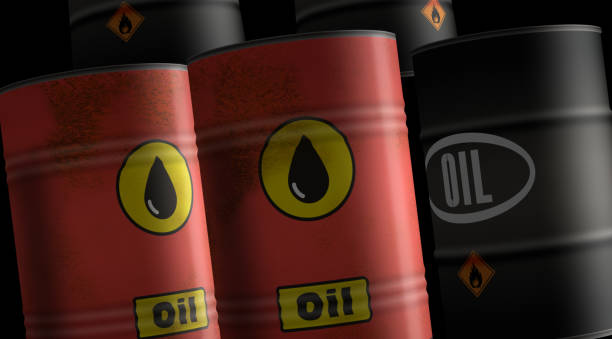
WTI price drifts lower to around $60.90 in Wednesday’s early Asian session.
Hope for progress in US-Iran nuclear talks and potential higher OPEC+ output weigh on the WTI price.
Oil traders await OPEC+ meeting on Saturday for fresh impetus.
West Texas Intermediate (WTI), the US crude oil benchmark, is trading around $60.90 during the Asian trading hours on Wednesday. The WTI price edges lower amid supply concerns after Iranian and US delegations made progress in their nuclear talks.
US President Donald Trump expressed hope for progress in nuclear talks with Iran after a fifth round of talks in Rome last week. Iranian Foreign Minister Abbas Araghchi said that the negotiations are too complicated to be resolved in two or three meetings and there was potential for progress in nuclear negotiations after Oman made several proposals. However, Trump said American negotiators made “real progress” during “very good” nuclear talks with Iran over the weekend.
Traders will closely monitor the developments surrounding the US-Iran nuclear talks. If negotiations between the two countries fail, this would limit the Iranian oil supply. However, any signs of resolution could add Iranian supply to the market, which might drag the WTI price lower.
Furthermore, expectations that the Organization of the Petroleum Exporting Countries and its allies (OPEC+) will decide to increase output at a meeting this week might contribute to the WTI’s downside. OPEC+ will decide July oil production levels on Saturday, earlier than previously planned.
The sources previously told Reuters that will entail another 411,000 barrels per day of production for a third consecutive month. Russian Prime Minister Alexander Novak said that OPEC+ has not yet discussed increasing output by another 411,000 barrels per day ahead of its meeting.
On the other hand, easing fears of trade tensions between the US and the European Union (EU) could provide some support to the black gold ahead of the OPEC+ decision. Trump announced an extension on the 50% tariff deadline on the European Union (EU) until July 9 after a phone call with Commission President Ursula von der Leyen.
* The content presented above, whether from a third party or not, is considered as general advice only. This article should not be construed as containing investment advice, investment recommendations, an offer of or solicitation for any transactions in financial instruments.


